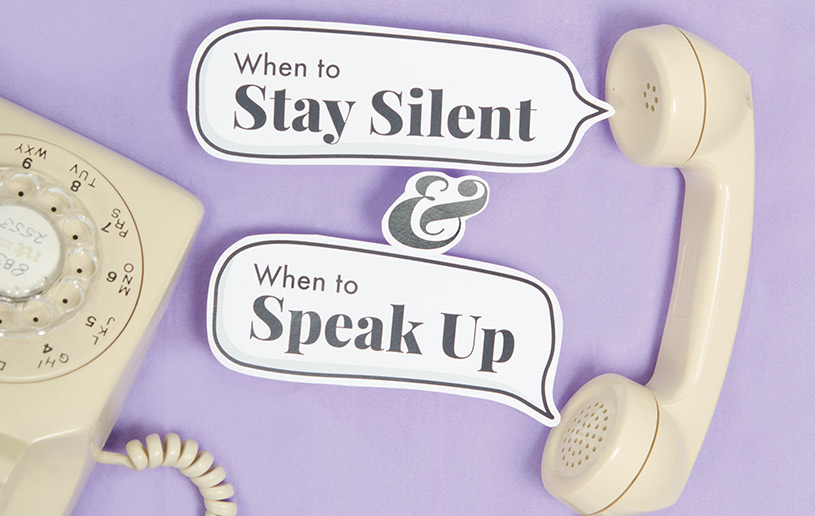Some people think being a Christian means being a doormat. That we must swallow insults, tolerate nonsense, and say yes to anything—just to “keep the peace.”
But let’s be real. Jesus was not a people-pleaser. He was kind, but He wasn’t “nice” in the worldly sense. He corrected. He rebuked. He set boundaries. And He still managed to walk in love.
So, what do you do when:
- Someone speaks to you anyhow?
- People take you for granted?
- A leader asks you to do something that’s against your values?
Do you just smile and endure? Or do you speak up?
Let’s talk.

1. When People Disrespect You: To Clap Back or Not?
We all have that one person who loves to test our patience. Maybe it’s that colleague who talks down on you, the relative who always has something rude to say, or the friend who constantly takes you for granted.
Now, let’s be clear: Swallowing disrespect is not the same as humility.
Jesus was humble, but He was not a pushover. He didn’t just let people talk to Him anyhow. When the Pharisees tried to trap Him, He shut them down with wisdom (Luke 20:20-26). When Peter tried to rebuke Him, Jesus corrected him sharply (Mark 8:33).
So, yes—you can and should speak up. But how?
Instead of insulting back, try this:
“I’d appreciate it if you spoke to me with respect, just as I do to you.”
Instead of keeping quiet and feeling bitter, try this:
“I don’t like how that sounded. Can we try again?”
It’s not about pride. It’s about boundaries. You can be firm without being rude.
2. When Leaders Ask You to Do What’s Wrong
This one is trickier. What if it’s your pastor, boss, or mentor asking you to do something that goes against God’s will?
You don’t want to be disrespectful, but you also don’t want to disobey God.
Look at David. Saul was his king, but when Saul started acting crazy, David refused to dishonor him—but he also refused to obey his madness (1 Samuel 24:6).
So, what’s the balance?
✔ Respect their position, but obey God first. If what they’re asking you to do is wrong, say no—but say it with humility.
✔ Honor does not mean silence. If you disagree, voice your concerns respectfully. You don’t have to embarrass them.
Try this:
“Sir/Ma, I deeply respect you, but I can’t do this because it goes against my beliefs.”
“I appreciate all you’ve done for me, but my conscience won’t allow me to take this step.”
Simple. Clear. Respectful. But firm.
3. Saying No Without Feeling Guilty
Ever felt bad for saying no? Like, “Maybe I should have just obeyed, so they don’t feel bad”?
That’s manipulation talking.
The Bible says we should “speak the truth in love” (Ephesians 4:15). That means:
✔ Be clear (no need to dance around the issue).
✔ Be gentle (no need for insults).
✔ Be firm (no need to apologize for doing the right thing).
If someone is taking you for granted, using you, or leading you away from God’s path, speak up. But do it in a way that reflects Christ—strong, but full of grace.
Final Thoughts
Being a Christian doesn’t mean letting people walk over you. It means walking in wisdom. Knowing when to speak, when to stay silent, and when to say no with grace.
So, have you ever had to say no to a leader? How did you handle it? Or have you ever spoken up against disrespect without losing your peace?
Let’s talk in the comments!

